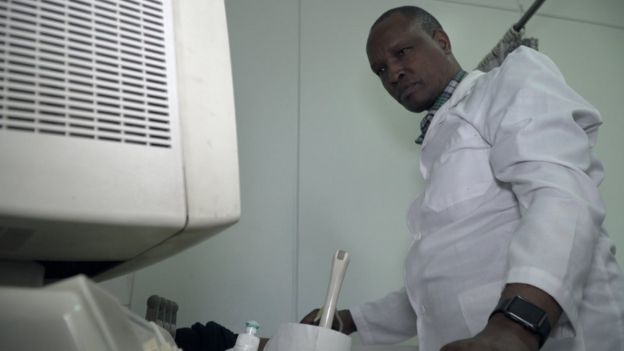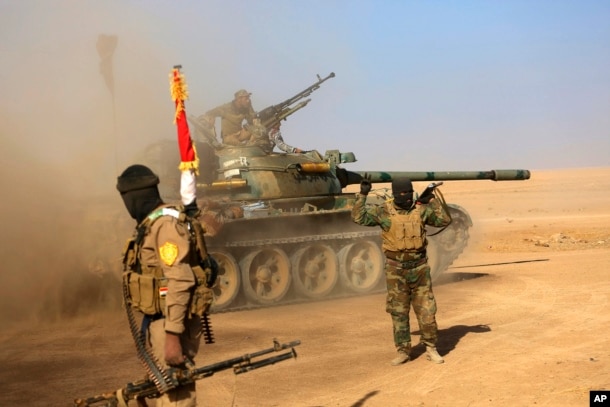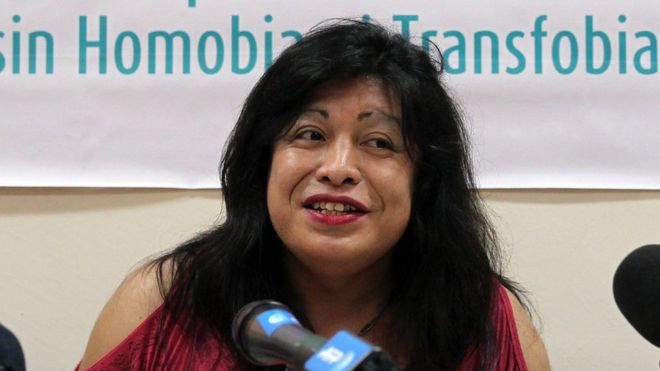By Samantha Netzband
Impunity Watch, Africa Desk Reporter
AFRICA– President Donald Trump has reinstated the Global Gag Rule, a policy that affects many African abortion providers. The Global Gag Rule puts a funding restriction on USAID funds that are distributed to foreign nations. Under the Global Gag Rule, funds will not be provided to clinics that provide abortion or counsel patients on abortion. The Trump Administration has gone even further by not only restricting funding for reproductive health services, but health services in general.
Kenyan gynecologist John Nyamu performs an ultrasound.
According to many different providers, this will lead to severe funding cuts as many African providers rely on these aid dollars. Marie Stopes International is projecting that the funding restrictions will have a devastating impact on women’s health in Nigeria.
“Without US funding, from 2017 to 2020, over 1.8 million unintended pregnancies will probably occur; more than 660,000 abortions will happen and over 10,000 maternal deaths will not be averted,” says Effiom Effiom, a country director for Marie Stopes in Nigeria.
The International Planned Parenthood Federation regional office in Africa also stands to lose up to $100 million of US funding because they will not be able meet the requirements without compromising service.
In the end the policy which claims to help reduce the abortion rate will actually most likely work to increase the abortion rate according to the Economist. Because clinics may be forced to shut down because of the funding restrictions which leads to a decrease in the availability of contraceptives such as condoms and birth control. Without these protections unplanned pregnancies and abortions increase and women’s health is endangered.
For more information, please see:
BBC Africa – How Trump abortion funding cuts could affect Africa – 28 January 2017
The Daily Vox – When Men Make Decisions About Women’s Bodies, Nobody Wins – 28 January 2017






